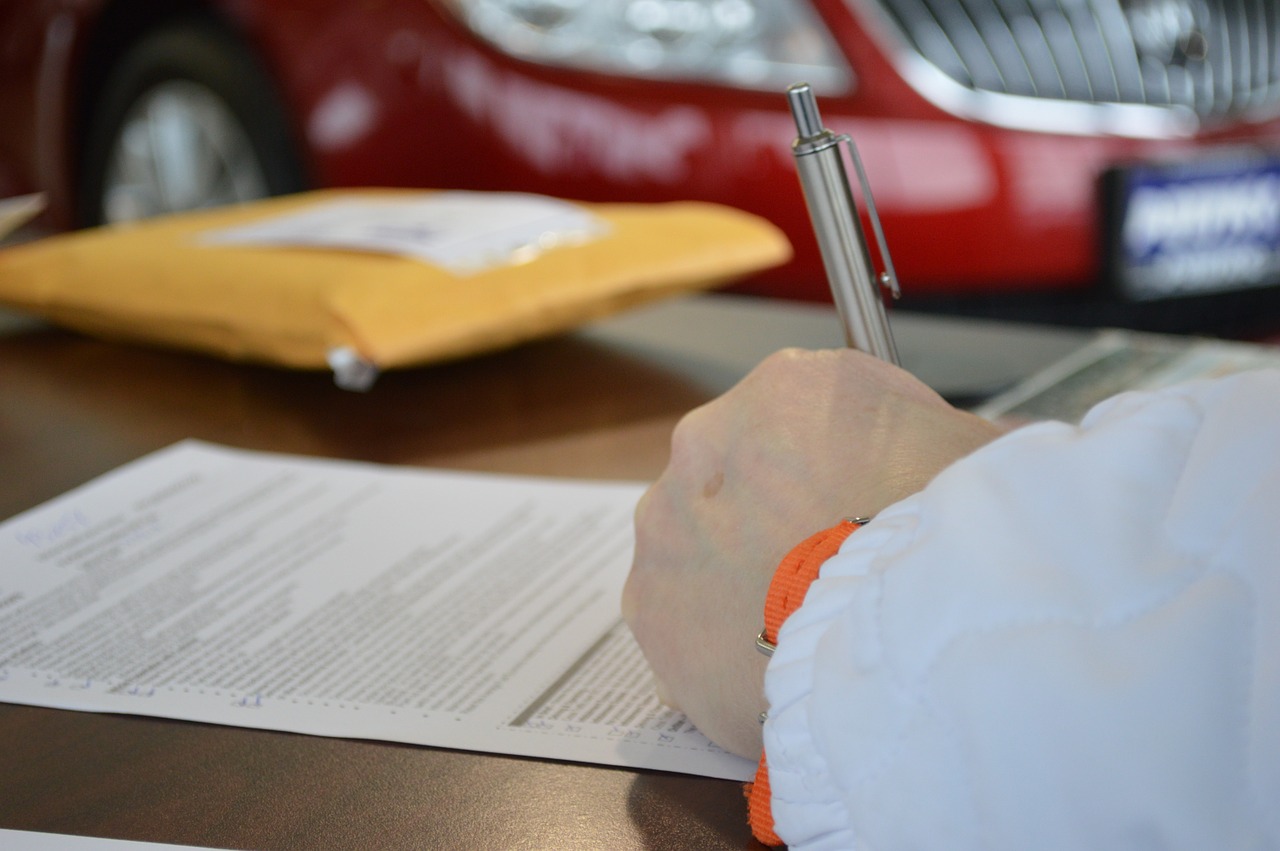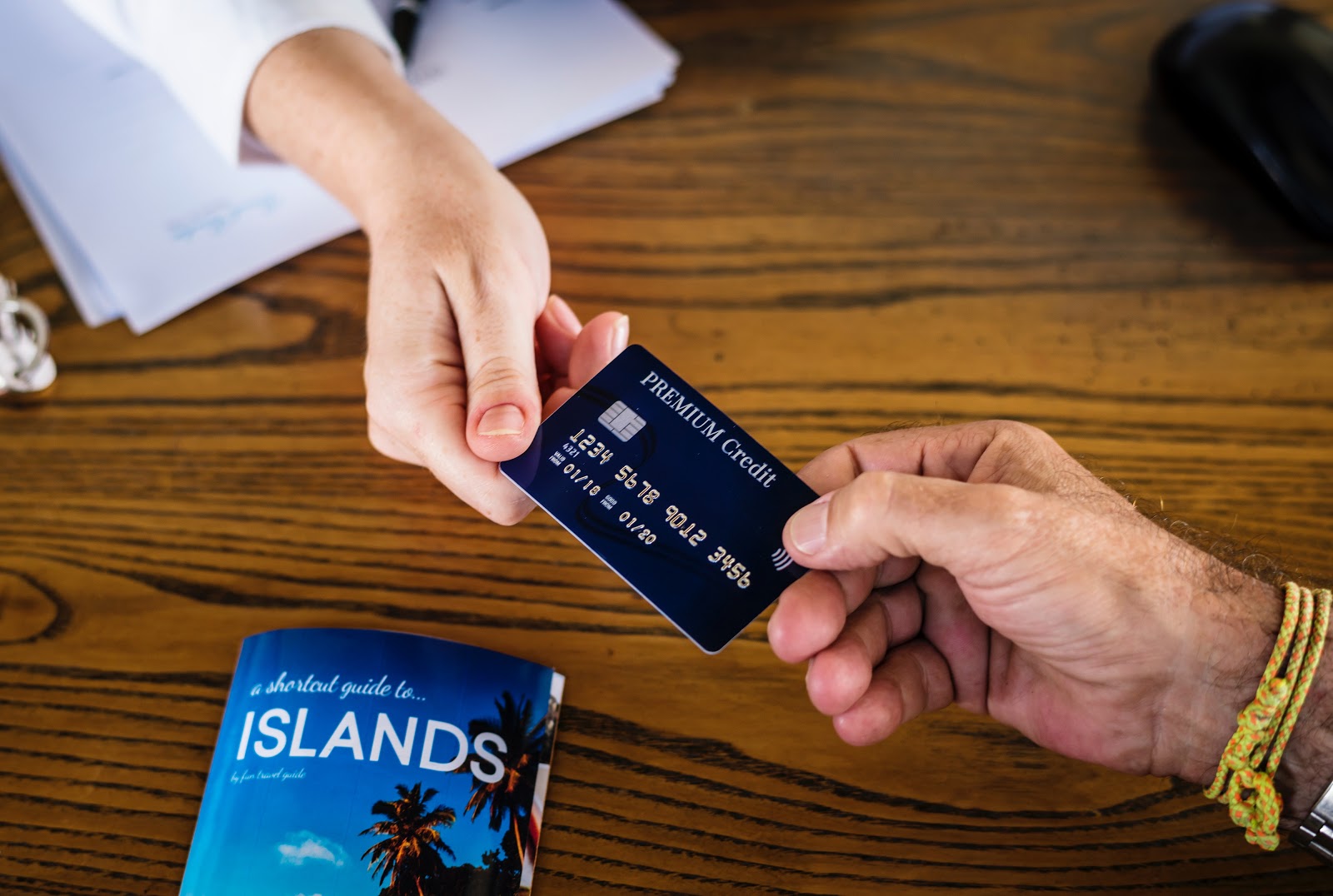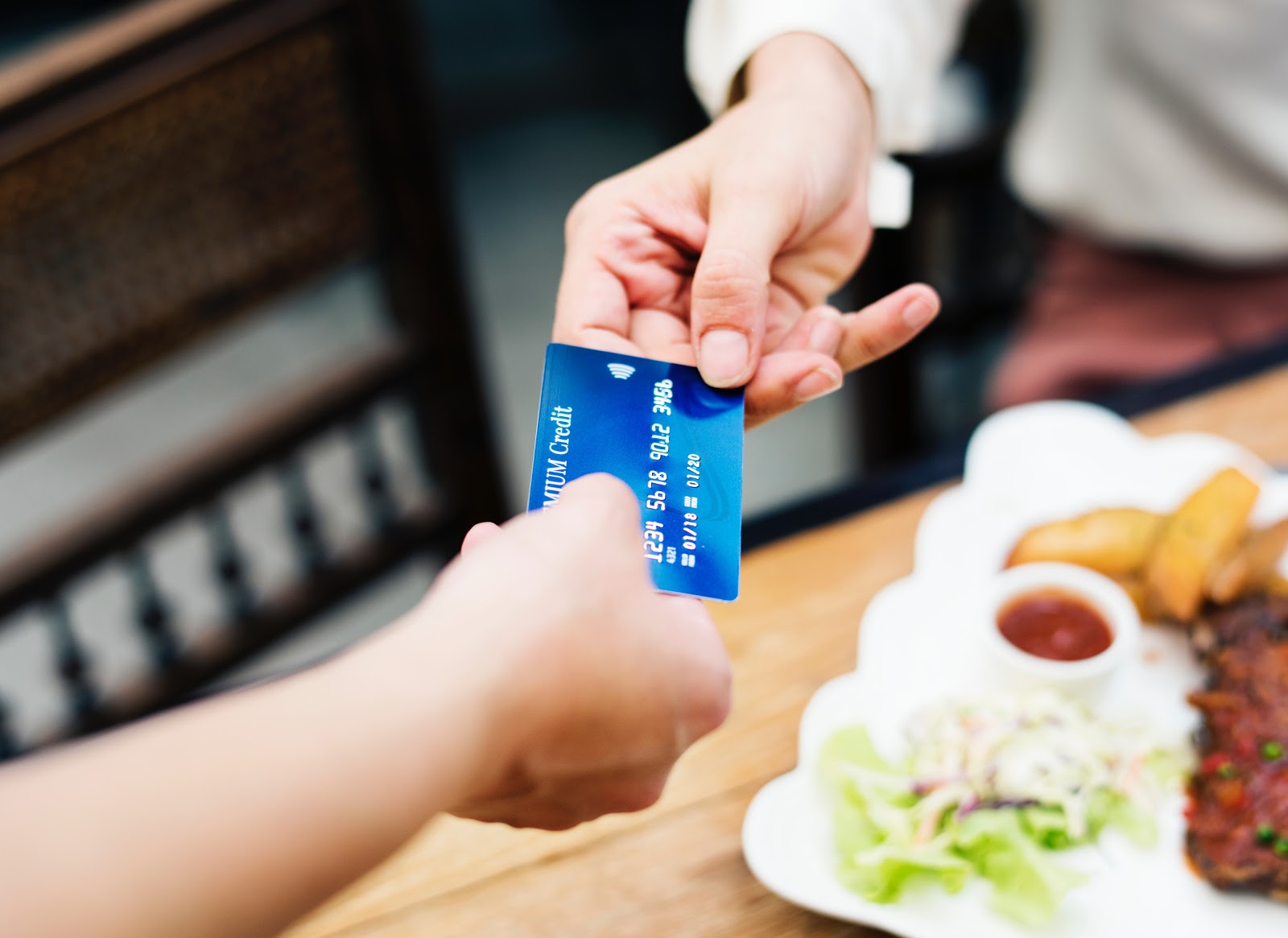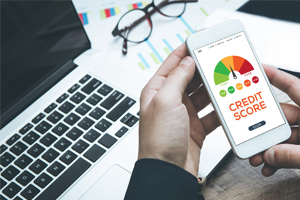6 Easy Steps To Help You Get Out of Debt
While the holiday season is far behind us, the repercussions of our December spending sprees are not. Depending on the size of your family, your generosity, and your overall spending habits in general, you may have been able to pay off your holiday debts in January, OR, you’re still reeling from buying both your mom and your girlfriend a brand new iPad for Christmas. We know you wanted to be the perfect son, and boyfriend, but c’mon now: don’t buy it if you can’t afford it!
Then, there’s those of us who are still paying off our credit card statements from LAST Christmas, as you missed a few bill payments due to an unexpected job loss. While you’re happy to be gainfully employed now, these late payments were unfortunately detrimental to your credit score, and also, significantly added to your debt.
Needless to say, debt and credit do go hand-in-hand. If you’ve found yourself in debt, but are able to pay your bills on time, and have created a schedule for yourself to ensure you make more than the minimum on your amount owing to your credit cards, line of credit, auto loan, etc., then despite your debt, you’ve been able to keep your credit rating in good shape. This is no easy feat, though, and is seldom accomplished.
This is because having debt makes keeping your credit in good standing a much more difficult task. Having debt in addition to your normal monthly bills makes it much tougher to pay everything on time, and tougher to keep your financial affairs in order. Eventually, you may have to miss a bill payment, and eventually, your credit score will be affected. There’s no way around it, and lenders pay close attention to all of your financial transactions – that is, unless you find a way to get yourself out of debt.
Get out of Debt By Following These 6 Easy Steps
1. ALWAYS pay your bills on time!! Even better, set up an automated payment system so that you’re paying your creditors in a timely manner, and that you never forget. It’s also helpful, as most salaries are paid bi-weekly, to pay your bills every time you get paid, so that the money goes towards something useful – it will also discourage you from spending on unnecessary products/services. Remember to pay more than the minimum owed, if possible, and whenever you have extra money that can be efficiently used, to put it towards your debt. Also, in a bid to pay the least amount possible, make sure you pay your most expensive debts first, as they’ll rack up the most interest.
 2. Change your lifestyle. This is where you can save hundreds and hundreds of dollars a month. The key to saving, and paying off your debt is, creating a budget, and following it to the tee. In this budget, you should make room for only NECESSITIES like food, rent, hydro, etc. If you’re eating out twice a week, refrain from these habits, and cook at home instead. If you’re shopping at pricy grocery stores like Loblaws or Metro, find the nearest Food Basics or Price Choppers in your area. Buy vegetables and fruits from local venders. Stop buying craft beer and get PBR instead. Chronic weekend shopper? Limit yourself to once a month, and then once every OTHER month. Do everything you can to be frugal; even if you hate watching movies at home, maybe it’s time you got Netflix rather than hitting up the theatre every week. $8 a month is way cheaper than $13 a week (and that’s only the price of one ticket).
2. Change your lifestyle. This is where you can save hundreds and hundreds of dollars a month. The key to saving, and paying off your debt is, creating a budget, and following it to the tee. In this budget, you should make room for only NECESSITIES like food, rent, hydro, etc. If you’re eating out twice a week, refrain from these habits, and cook at home instead. If you’re shopping at pricy grocery stores like Loblaws or Metro, find the nearest Food Basics or Price Choppers in your area. Buy vegetables and fruits from local venders. Stop buying craft beer and get PBR instead. Chronic weekend shopper? Limit yourself to once a month, and then once every OTHER month. Do everything you can to be frugal; even if you hate watching movies at home, maybe it’s time you got Netflix rather than hitting up the theatre every week. $8 a month is way cheaper than $13 a week (and that’s only the price of one ticket).
3. Get a 2nd Job. If you’ve found yourself with debt, and are working a 9-5 office job, then, despite how tired you may be come 5pm, you can probably find yourself a part-time job – just an extra 15 – 20 hours of work a week. At, for example, $13 an hour at your average retail job, that’s an extra $200 – 260 dollars a week ($800 – $1040 a month). That’s a lot of extra money to put towards your debt, and could significantly shorten the amount of time it takes for you to pay it off.
4. Stack your debts. Make a list of all of your preexisting debts, and put the one with the highest interest rate at the top. If you can, put an extra payment on the one with the highest interest rate (maybe from the money you earned from your part-time job). When that debt is paid off, then on to the next – this will help you save money on interest rates. Of course, if you have huge debts with lower interest rates, it may make sense to pay that one first. But you should always make sure, which leads us to our next point:
5. Speak with a credit counsellor. Speaking to a credit counsellor is probably the first thing you should do if you’ve found yourself with saddled with debt. For starters, it’s free (and also confidential), and you’ll be able to find out what programs are available to you, and what your options are. There might be many such options you were previously unaware of, and the meeting will give you a better understanding of what you need to do to get out of debt in a timely manner.
6. Get a consolidation loan. Visit your bank or credit union, and find if you’re eligible for a consolidation loan – this will allow you to consolidate all of your consumer debts into one loan, with a lower interest rate. This way, you’ll only have to make a payment to this one loan, as opposed to several. However, experts agree that this exercise would be futile if not accompanied with a smart budget, and a passion to follow it, and pay your debts as quickly as possible. It will also help you improve your credit rating.
Bad Credit and Need An Auto Loan? It’s Actually Not All That Bad
If you’re in need of a car, and have a poor credit score, this is actually a reason to rejoice rather than dwell on the extra expenses that will come along with it, as it gives you a chance to rebuild and reestablish your credit. After all, taking out an auto loan with a trusted, reputable lender like Auto Loan Solutions is the optimum way to prove to lenders that you can be trusted with a loan. While the new car vs used car debate continues to rattle the minds of wannabe-car owners everywhere, buying used seems to be the most practical choice for people wary of spending too much money, or people who’ve been bankrupt, have bad credit, or are in debt.
After all, used cars are much less expensive, and, as opposed to new cars, the immediate loss in the value of the vehicle has already been absorbed by the time you drive it off the lot. As stated by personal finance radio host Dave Ramsey, “A new $28,000 car will lose about $17,000 of value in the first four years you own it. To get the same result, you could toss a $100 bill out the car window once a week.”
And if you’re trying to pay off your debt, $100 a week can be very, very useful.
In need of more tips on saving debt, or just financial advise in general? Join our active online community on Facebook! Happy saving!






